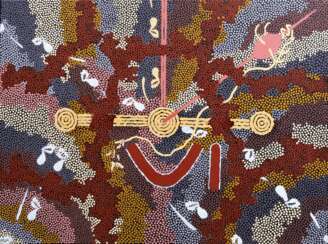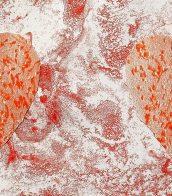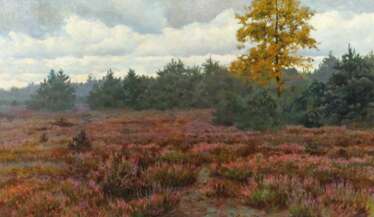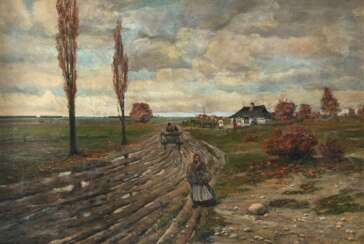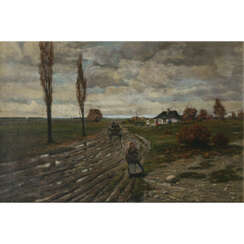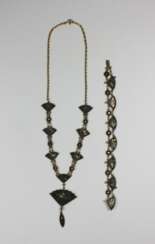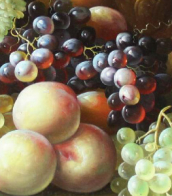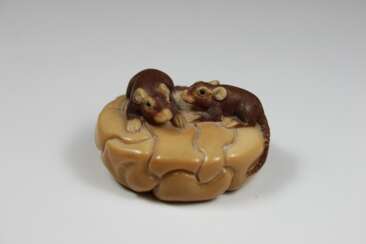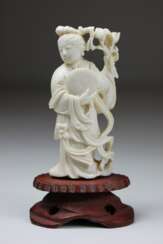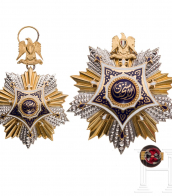apa
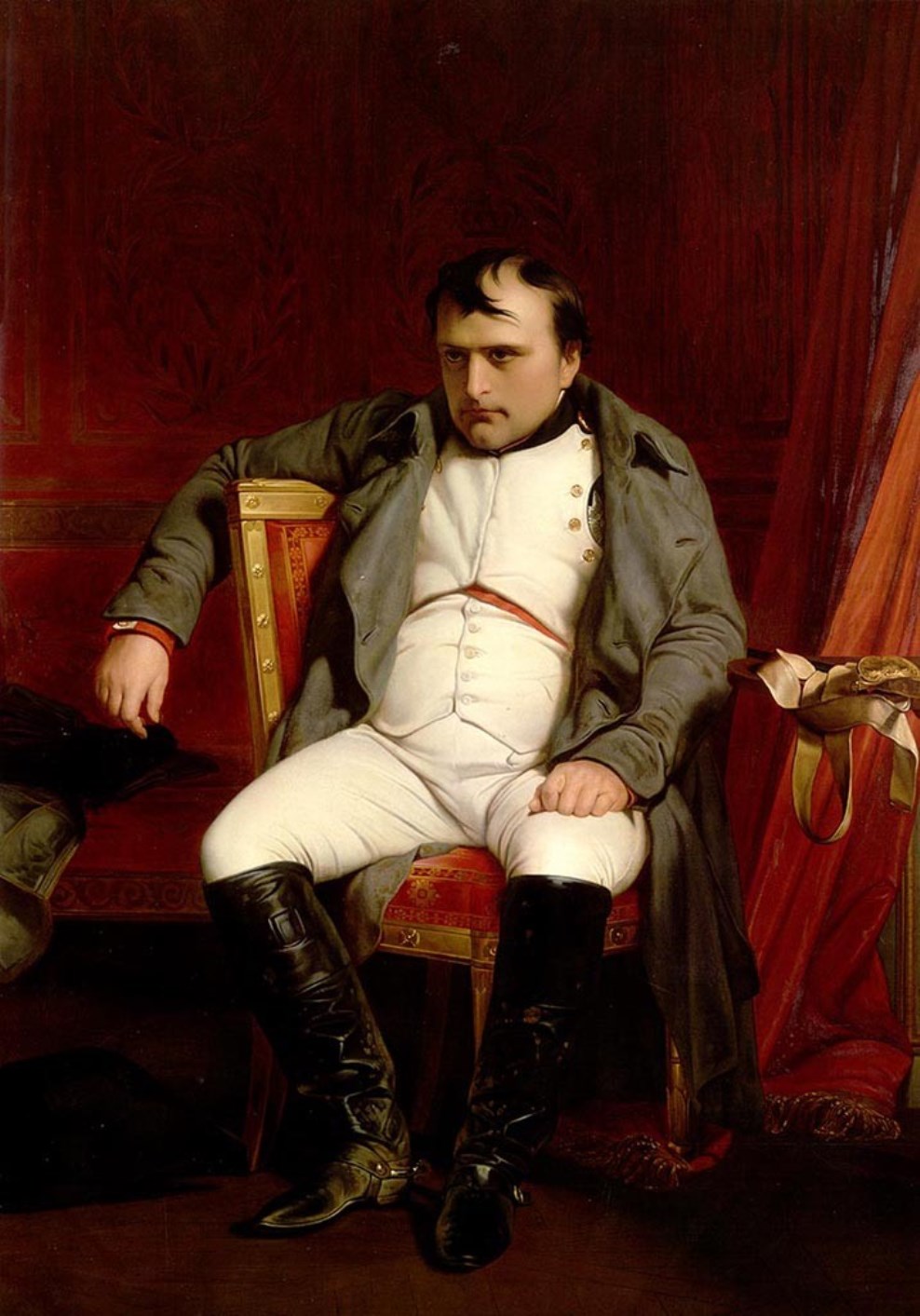
Napoleon I Bonaparte was a French statesman and military leader, Emperor of France (1804-1815).
Napoleon was born in the family of an ignorant Corsican nobleman, graduated from the Brienne military school, then the Paris military school. In 1785 he began military service in the rank of junior lieutenant of artillery in the Royal Army. From the first days of the Great French Revolution of 1789-1799 Bonaparte joined the political struggle on the island of Corsica, in 1792 in Valence joined the Jacobin Club and actively participated in all the turbulent political and military events.
In November 1799 Napoleon was at the head of a coup d'état: the government of the Directory was deposed, and the French Republic was headed by three consuls, the first of whom was Napoleon. In June 1804 Bonaparte was proclaimed Emperor Napoleon I of France, and in December a lavish coronation ceremony took place. After Italy recognized him as its king, in March 1805 he was also crowned in Milan.
With his rise to power, France entered a period of almost continuous warfare. Napoleon greatly expanded the territory of the empire, made most of the states of Western and Central Europe dependent on France. His brothers became kings: Joseph in Naples, Louis in Holland, and Jerome in Westphalia. In 1812, Napoleon made a campaign against Russia and even reached Moscow, but the Russian troops under the leadership of commander M.I. Kutuzov with the active support of all the people completely defeated the "invincible army". This military campaign was the beginning of the collapse of Napoleon's empire. The entry of the anti-French coalition troops into Paris in March 1814 forced Napoleon I to abdicate (April 6, 1814).
Napoleon retained the title of Emperor and was given possession of the island of Elba in the Mediterranean Sea. However, in March 1815, the deposed emperor at the head of a small detachment suddenly landed in the south of France and three weeks later, without a single shot entered Paris. But the emperor failed to live up to the hopes of the people of France, plus his defeat at the Battle of Waterloo all led to his second abdication. As a result, Napoleon Bonaparte was exiled to the island of St. Helena in the Atlantic Ocean, where he died on May 5, 1821.
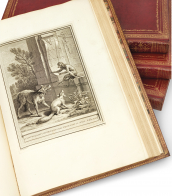
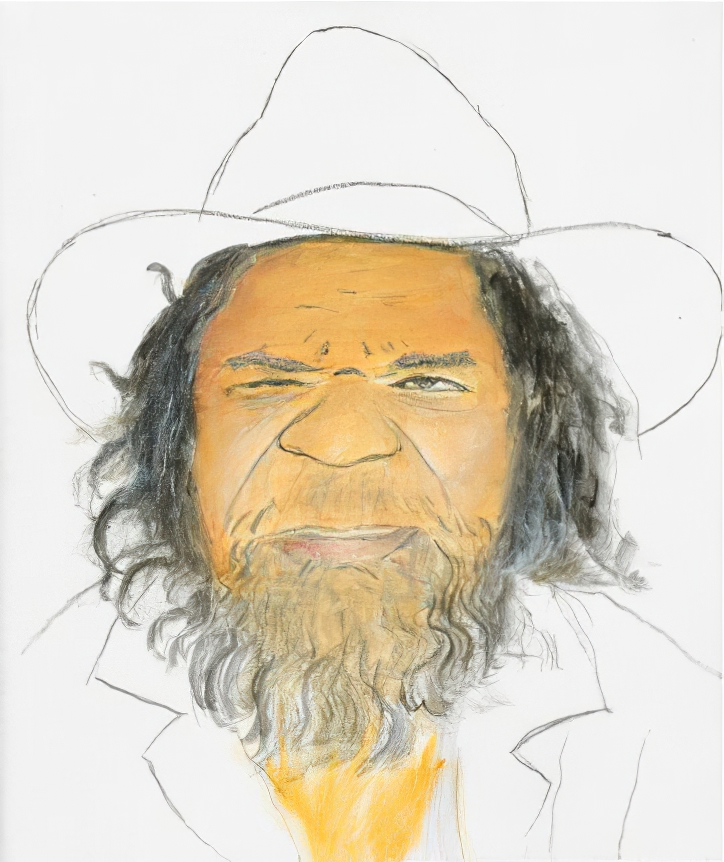
Clifford Possum Tjapaltjarri was an Australian painter, considered to be one of the most collected and renowned Australian Aboriginal artists. His paintings are held in galleries and collections in Australia and elsewhere, including the Art Gallery of New South Wales, the National Gallery of Australia, the Kelton Foundation and the Royal Collection.
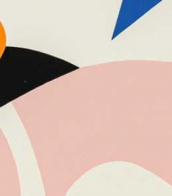

Napoleon I Bonaparte was a French statesman and military leader, Emperor of France (1804-1815).
Napoleon was born in the family of an ignorant Corsican nobleman, graduated from the Brienne military school, then the Paris military school. In 1785 he began military service in the rank of junior lieutenant of artillery in the Royal Army. From the first days of the Great French Revolution of 1789-1799 Bonaparte joined the political struggle on the island of Corsica, in 1792 in Valence joined the Jacobin Club and actively participated in all the turbulent political and military events.
In November 1799 Napoleon was at the head of a coup d'état: the government of the Directory was deposed, and the French Republic was headed by three consuls, the first of whom was Napoleon. In June 1804 Bonaparte was proclaimed Emperor Napoleon I of France, and in December a lavish coronation ceremony took place. After Italy recognized him as its king, in March 1805 he was also crowned in Milan.
With his rise to power, France entered a period of almost continuous warfare. Napoleon greatly expanded the territory of the empire, made most of the states of Western and Central Europe dependent on France. His brothers became kings: Joseph in Naples, Louis in Holland, and Jerome in Westphalia. In 1812, Napoleon made a campaign against Russia and even reached Moscow, but the Russian troops under the leadership of commander M.I. Kutuzov with the active support of all the people completely defeated the "invincible army". This military campaign was the beginning of the collapse of Napoleon's empire. The entry of the anti-French coalition troops into Paris in March 1814 forced Napoleon I to abdicate (April 6, 1814).
Napoleon retained the title of Emperor and was given possession of the island of Elba in the Mediterranean Sea. However, in March 1815, the deposed emperor at the head of a small detachment suddenly landed in the south of France and three weeks later, without a single shot entered Paris. But the emperor failed to live up to the hopes of the people of France, plus his defeat at the Battle of Waterloo all led to his second abdication. As a result, Napoleon Bonaparte was exiled to the island of St. Helena in the Atlantic Ocean, where he died on May 5, 1821.
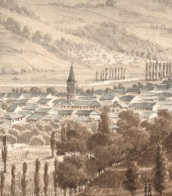

Napoleon I Bonaparte was a French statesman and military leader, Emperor of France (1804-1815).
Napoleon was born in the family of an ignorant Corsican nobleman, graduated from the Brienne military school, then the Paris military school. In 1785 he began military service in the rank of junior lieutenant of artillery in the Royal Army. From the first days of the Great French Revolution of 1789-1799 Bonaparte joined the political struggle on the island of Corsica, in 1792 in Valence joined the Jacobin Club and actively participated in all the turbulent political and military events.
In November 1799 Napoleon was at the head of a coup d'état: the government of the Directory was deposed, and the French Republic was headed by three consuls, the first of whom was Napoleon. In June 1804 Bonaparte was proclaimed Emperor Napoleon I of France, and in December a lavish coronation ceremony took place. After Italy recognized him as its king, in March 1805 he was also crowned in Milan.
With his rise to power, France entered a period of almost continuous warfare. Napoleon greatly expanded the territory of the empire, made most of the states of Western and Central Europe dependent on France. His brothers became kings: Joseph in Naples, Louis in Holland, and Jerome in Westphalia. In 1812, Napoleon made a campaign against Russia and even reached Moscow, but the Russian troops under the leadership of commander M.I. Kutuzov with the active support of all the people completely defeated the "invincible army". This military campaign was the beginning of the collapse of Napoleon's empire. The entry of the anti-French coalition troops into Paris in March 1814 forced Napoleon I to abdicate (April 6, 1814).
Napoleon retained the title of Emperor and was given possession of the island of Elba in the Mediterranean Sea. However, in March 1815, the deposed emperor at the head of a small detachment suddenly landed in the south of France and three weeks later, without a single shot entered Paris. But the emperor failed to live up to the hopes of the people of France, plus his defeat at the Battle of Waterloo all led to his second abdication. As a result, Napoleon Bonaparte was exiled to the island of St. Helena in the Atlantic Ocean, where he died on May 5, 1821.
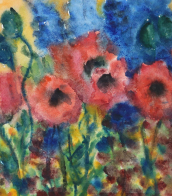

Napoleon I Bonaparte was a French statesman and military leader, Emperor of France (1804-1815).
Napoleon was born in the family of an ignorant Corsican nobleman, graduated from the Brienne military school, then the Paris military school. In 1785 he began military service in the rank of junior lieutenant of artillery in the Royal Army. From the first days of the Great French Revolution of 1789-1799 Bonaparte joined the political struggle on the island of Corsica, in 1792 in Valence joined the Jacobin Club and actively participated in all the turbulent political and military events.
In November 1799 Napoleon was at the head of a coup d'état: the government of the Directory was deposed, and the French Republic was headed by three consuls, the first of whom was Napoleon. In June 1804 Bonaparte was proclaimed Emperor Napoleon I of France, and in December a lavish coronation ceremony took place. After Italy recognized him as its king, in March 1805 he was also crowned in Milan.
With his rise to power, France entered a period of almost continuous warfare. Napoleon greatly expanded the territory of the empire, made most of the states of Western and Central Europe dependent on France. His brothers became kings: Joseph in Naples, Louis in Holland, and Jerome in Westphalia. In 1812, Napoleon made a campaign against Russia and even reached Moscow, but the Russian troops under the leadership of commander M.I. Kutuzov with the active support of all the people completely defeated the "invincible army". This military campaign was the beginning of the collapse of Napoleon's empire. The entry of the anti-French coalition troops into Paris in March 1814 forced Napoleon I to abdicate (April 6, 1814).
Napoleon retained the title of Emperor and was given possession of the island of Elba in the Mediterranean Sea. However, in March 1815, the deposed emperor at the head of a small detachment suddenly landed in the south of France and three weeks later, without a single shot entered Paris. But the emperor failed to live up to the hopes of the people of France, plus his defeat at the Battle of Waterloo all led to his second abdication. As a result, Napoleon Bonaparte was exiled to the island of St. Helena in the Atlantic Ocean, where he died on May 5, 1821.


Napoleon I Bonaparte was a French statesman and military leader, Emperor of France (1804-1815).
Napoleon was born in the family of an ignorant Corsican nobleman, graduated from the Brienne military school, then the Paris military school. In 1785 he began military service in the rank of junior lieutenant of artillery in the Royal Army. From the first days of the Great French Revolution of 1789-1799 Bonaparte joined the political struggle on the island of Corsica, in 1792 in Valence joined the Jacobin Club and actively participated in all the turbulent political and military events.
In November 1799 Napoleon was at the head of a coup d'état: the government of the Directory was deposed, and the French Republic was headed by three consuls, the first of whom was Napoleon. In June 1804 Bonaparte was proclaimed Emperor Napoleon I of France, and in December a lavish coronation ceremony took place. After Italy recognized him as its king, in March 1805 he was also crowned in Milan.
With his rise to power, France entered a period of almost continuous warfare. Napoleon greatly expanded the territory of the empire, made most of the states of Western and Central Europe dependent on France. His brothers became kings: Joseph in Naples, Louis in Holland, and Jerome in Westphalia. In 1812, Napoleon made a campaign against Russia and even reached Moscow, but the Russian troops under the leadership of commander M.I. Kutuzov with the active support of all the people completely defeated the "invincible army". This military campaign was the beginning of the collapse of Napoleon's empire. The entry of the anti-French coalition troops into Paris in March 1814 forced Napoleon I to abdicate (April 6, 1814).
Napoleon retained the title of Emperor and was given possession of the island of Elba in the Mediterranean Sea. However, in March 1815, the deposed emperor at the head of a small detachment suddenly landed in the south of France and three weeks later, without a single shot entered Paris. But the emperor failed to live up to the hopes of the people of France, plus his defeat at the Battle of Waterloo all led to his second abdication. As a result, Napoleon Bonaparte was exiled to the island of St. Helena in the Atlantic Ocean, where he died on May 5, 1821.


Napoleon I Bonaparte was a French statesman and military leader, Emperor of France (1804-1815).
Napoleon was born in the family of an ignorant Corsican nobleman, graduated from the Brienne military school, then the Paris military school. In 1785 he began military service in the rank of junior lieutenant of artillery in the Royal Army. From the first days of the Great French Revolution of 1789-1799 Bonaparte joined the political struggle on the island of Corsica, in 1792 in Valence joined the Jacobin Club and actively participated in all the turbulent political and military events.
In November 1799 Napoleon was at the head of a coup d'état: the government of the Directory was deposed, and the French Republic was headed by three consuls, the first of whom was Napoleon. In June 1804 Bonaparte was proclaimed Emperor Napoleon I of France, and in December a lavish coronation ceremony took place. After Italy recognized him as its king, in March 1805 he was also crowned in Milan.
With his rise to power, France entered a period of almost continuous warfare. Napoleon greatly expanded the territory of the empire, made most of the states of Western and Central Europe dependent on France. His brothers became kings: Joseph in Naples, Louis in Holland, and Jerome in Westphalia. In 1812, Napoleon made a campaign against Russia and even reached Moscow, but the Russian troops under the leadership of commander M.I. Kutuzov with the active support of all the people completely defeated the "invincible army". This military campaign was the beginning of the collapse of Napoleon's empire. The entry of the anti-French coalition troops into Paris in March 1814 forced Napoleon I to abdicate (April 6, 1814).
Napoleon retained the title of Emperor and was given possession of the island of Elba in the Mediterranean Sea. However, in March 1815, the deposed emperor at the head of a small detachment suddenly landed in the south of France and three weeks later, without a single shot entered Paris. But the emperor failed to live up to the hopes of the people of France, plus his defeat at the Battle of Waterloo all led to his second abdication. As a result, Napoleon Bonaparte was exiled to the island of St. Helena in the Atlantic Ocean, where he died on May 5, 1821.


Napoleon I Bonaparte was a French statesman and military leader, Emperor of France (1804-1815).
Napoleon was born in the family of an ignorant Corsican nobleman, graduated from the Brienne military school, then the Paris military school. In 1785 he began military service in the rank of junior lieutenant of artillery in the Royal Army. From the first days of the Great French Revolution of 1789-1799 Bonaparte joined the political struggle on the island of Corsica, in 1792 in Valence joined the Jacobin Club and actively participated in all the turbulent political and military events.
In November 1799 Napoleon was at the head of a coup d'état: the government of the Directory was deposed, and the French Republic was headed by three consuls, the first of whom was Napoleon. In June 1804 Bonaparte was proclaimed Emperor Napoleon I of France, and in December a lavish coronation ceremony took place. After Italy recognized him as its king, in March 1805 he was also crowned in Milan.
With his rise to power, France entered a period of almost continuous warfare. Napoleon greatly expanded the territory of the empire, made most of the states of Western and Central Europe dependent on France. His brothers became kings: Joseph in Naples, Louis in Holland, and Jerome in Westphalia. In 1812, Napoleon made a campaign against Russia and even reached Moscow, but the Russian troops under the leadership of commander M.I. Kutuzov with the active support of all the people completely defeated the "invincible army". This military campaign was the beginning of the collapse of Napoleon's empire. The entry of the anti-French coalition troops into Paris in March 1814 forced Napoleon I to abdicate (April 6, 1814).
Napoleon retained the title of Emperor and was given possession of the island of Elba in the Mediterranean Sea. However, in March 1815, the deposed emperor at the head of a small detachment suddenly landed in the south of France and three weeks later, without a single shot entered Paris. But the emperor failed to live up to the hopes of the people of France, plus his defeat at the Battle of Waterloo all led to his second abdication. As a result, Napoleon Bonaparte was exiled to the island of St. Helena in the Atlantic Ocean, where he died on May 5, 1821.
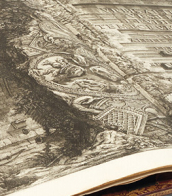

Clifford Possum Tjapaltjarri was an Australian painter, considered to be one of the most collected and renowned Australian Aboriginal artists. His paintings are held in galleries and collections in Australia and elsewhere, including the Art Gallery of New South Wales, the National Gallery of Australia, the Kelton Foundation and the Royal Collection.
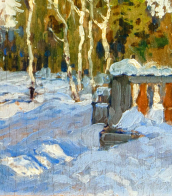
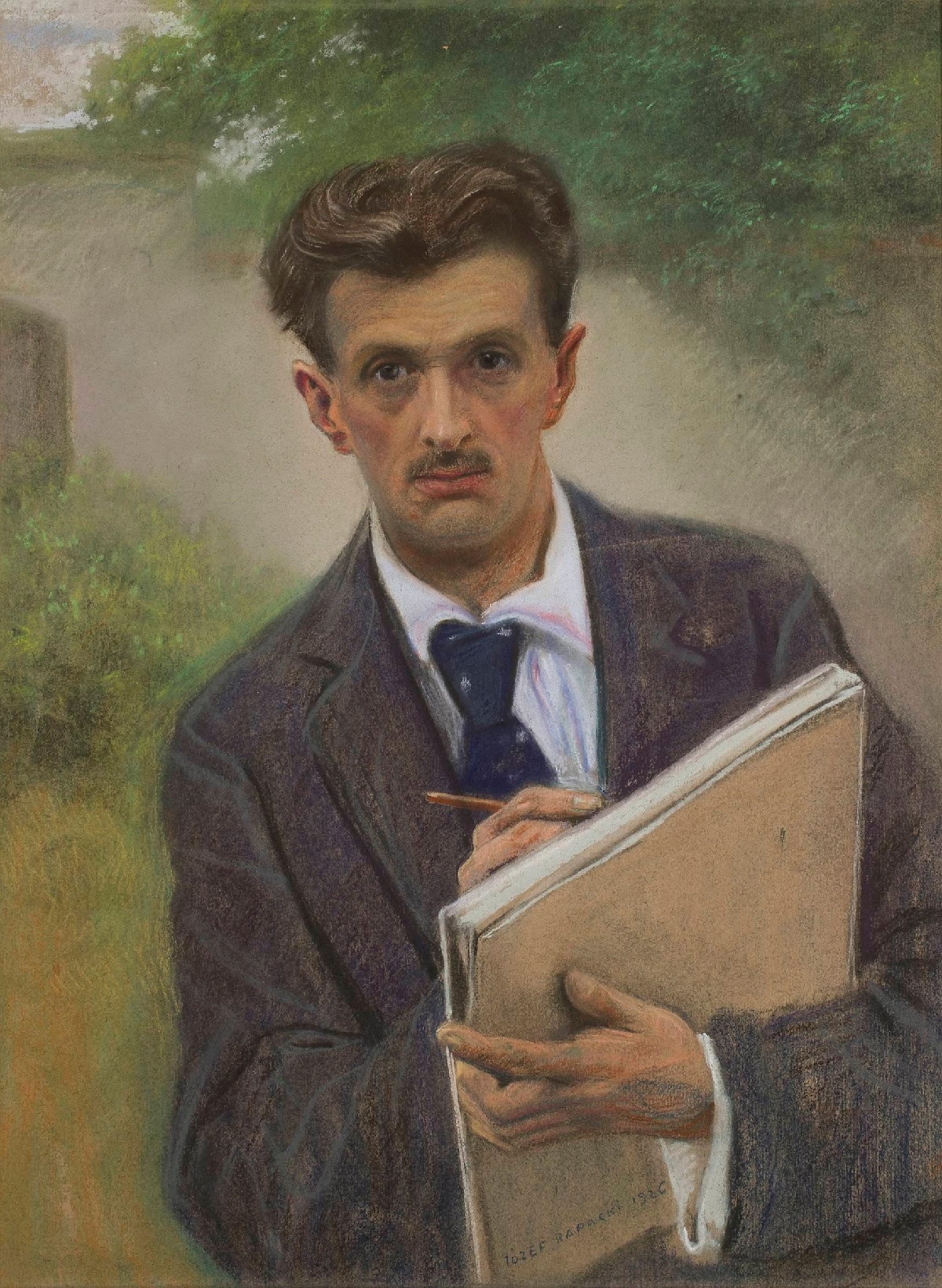
Józef Rapacki was a talented Polish painter and graphic artist who is best known for his nostalgic landscapes of Mazovia.
At the age of fourteen, Rapacki enrolled in a drawing class taught by Wojciech Gerson. Later he enrolled at the Krakow Academy of Fine Arts, where he studied under Isidor Jabloński, Florian Czink and Felix Szynałewski.
At first he painted genre scenes. In 1889, Jozef Rapacki travelled to Munich, where he studied for two years under the portraitist Konrad Fehr and was influenced by the Munich school.
He also began doing drawings for several Warsaw periodicals and illustrated the works of Ignacy Krasicki. Rapacki exhibited extensively, including at the World's Fair (1900).
In 1907, Rapacki and his family moved to Olszanka, where his house became a gathering place for artists and writers. It was here that he concentrated on landscapes and created some of his best known works. During World War I, he drew many pictures of the German occupation for the Warsaw press.
Józef Rapacki's artwork is still popular and appreciated for its unique style and unique atmosphere.
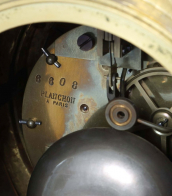
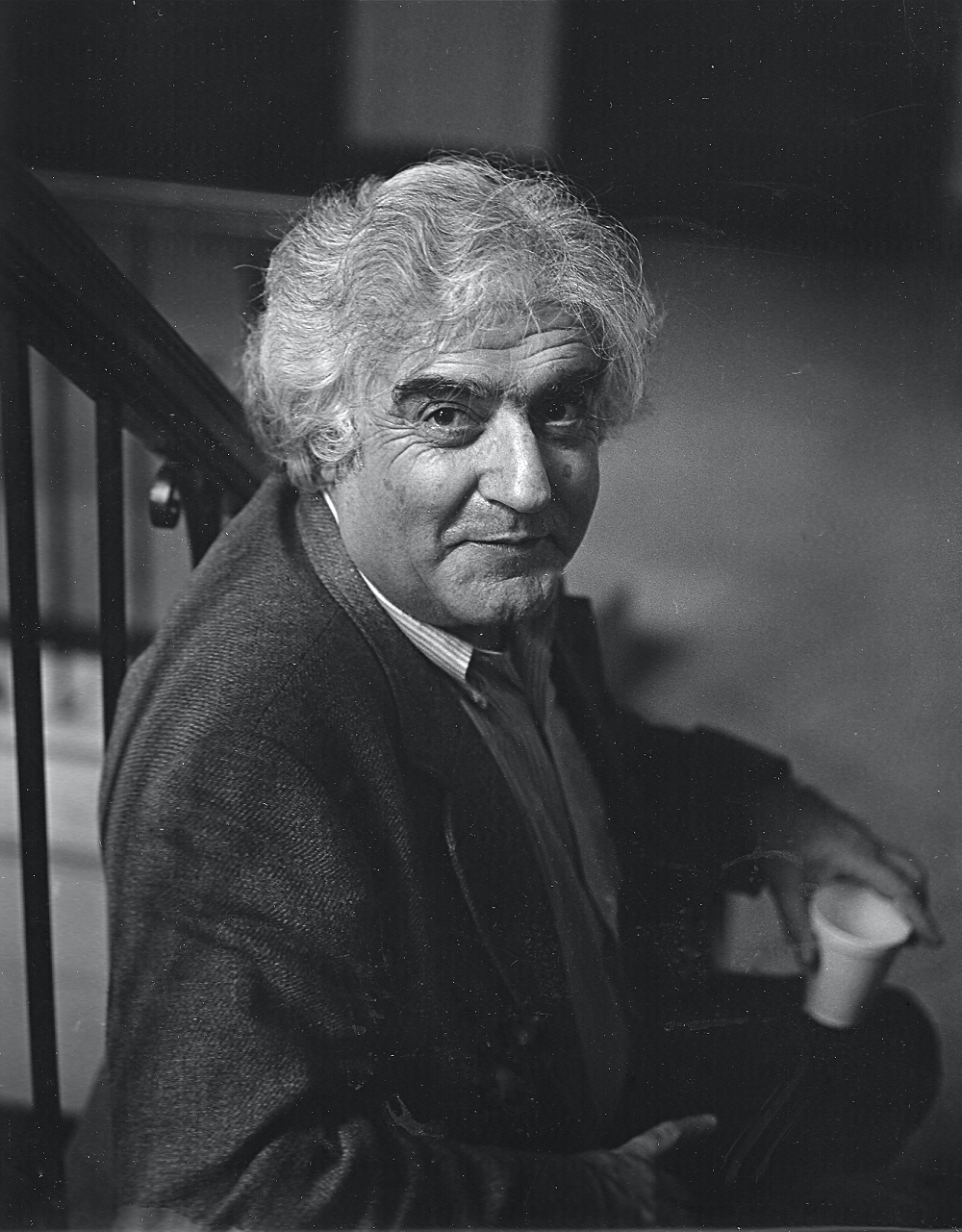
Cornell Capa is an American photographer, photojournalist and founder of the International Center of Photography (ICP) in New York, the younger brother of the famous war correspondent Robert Capa.
Cornell Capa was known for his humanistic approach to photography, often capturing the lives and struggles of ordinary people. Throughout his career, he covered many important events, including the Spanish Civil War, World War II and the Vietnam War. Capa also photographed many famous people including John F. Kennedy, Marilyn Monroe and Pablo Picasso.
In 1974, Cornell Capa founded ICP, which has since become one of the world's leading photography education and exhibition institutions. The ICP's mission is to promote the understanding and appreciation of photography as an art form as well as a means of communication and social change.
Throughout his career Capa has received numerous awards and honours, including the National Medal of Arts in 1988. His photographs continue to be exhibited in galleries and museums around the world and his legacy lives on through ICP.
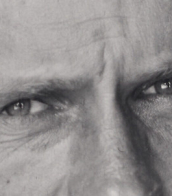

Józef Rapacki was a talented Polish painter and graphic artist who is best known for his nostalgic landscapes of Mazovia.
At the age of fourteen, Rapacki enrolled in a drawing class taught by Wojciech Gerson. Later he enrolled at the Krakow Academy of Fine Arts, where he studied under Isidor Jabloński, Florian Czink and Felix Szynałewski.
At first he painted genre scenes. In 1889, Jozef Rapacki travelled to Munich, where he studied for two years under the portraitist Konrad Fehr and was influenced by the Munich school.
He also began doing drawings for several Warsaw periodicals and illustrated the works of Ignacy Krasicki. Rapacki exhibited extensively, including at the World's Fair (1900).
In 1907, Rapacki and his family moved to Olszanka, where his house became a gathering place for artists and writers. It was here that he concentrated on landscapes and created some of his best known works. During World War I, he drew many pictures of the German occupation for the Warsaw press.
Józef Rapacki's artwork is still popular and appreciated for its unique style and unique atmosphere.
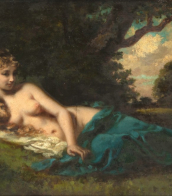

Cornell Capa is an American photographer, photojournalist and founder of the International Center of Photography (ICP) in New York, the younger brother of the famous war correspondent Robert Capa.
Cornell Capa was known for his humanistic approach to photography, often capturing the lives and struggles of ordinary people. Throughout his career, he covered many important events, including the Spanish Civil War, World War II and the Vietnam War. Capa also photographed many famous people including John F. Kennedy, Marilyn Monroe and Pablo Picasso.
In 1974, Cornell Capa founded ICP, which has since become one of the world's leading photography education and exhibition institutions. The ICP's mission is to promote the understanding and appreciation of photography as an art form as well as a means of communication and social change.
Throughout his career Capa has received numerous awards and honours, including the National Medal of Arts in 1988. His photographs continue to be exhibited in galleries and museums around the world and his legacy lives on through ICP.
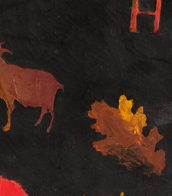

Józef Rapacki was a talented Polish painter and graphic artist who is best known for his nostalgic landscapes of Mazovia.
At the age of fourteen, Rapacki enrolled in a drawing class taught by Wojciech Gerson. Later he enrolled at the Krakow Academy of Fine Arts, where he studied under Isidor Jabloński, Florian Czink and Felix Szynałewski.
At first he painted genre scenes. In 1889, Jozef Rapacki travelled to Munich, where he studied for two years under the portraitist Konrad Fehr and was influenced by the Munich school.
He also began doing drawings for several Warsaw periodicals and illustrated the works of Ignacy Krasicki. Rapacki exhibited extensively, including at the World's Fair (1900).
In 1907, Rapacki and his family moved to Olszanka, where his house became a gathering place for artists and writers. It was here that he concentrated on landscapes and created some of his best known works. During World War I, he drew many pictures of the German occupation for the Warsaw press.
Józef Rapacki's artwork is still popular and appreciated for its unique style and unique atmosphere.
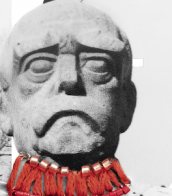






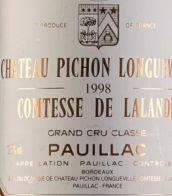
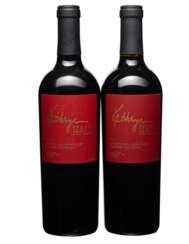

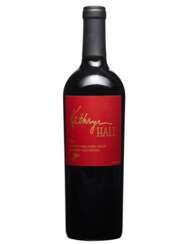

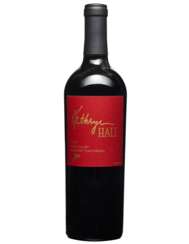

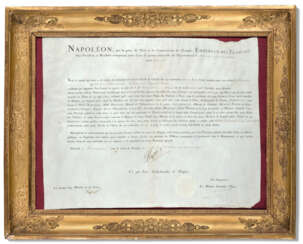







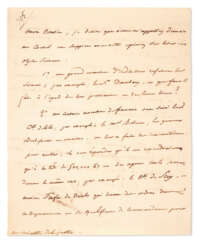

![[NAPOLÉON BONAPARTE, EMPEREUR DES FRANÇAIS (1769-1821)] et Joseph-Henri FLACON-ROCHELLE (1781-1834)](/assets/image/picture_3601381/567e7/t5thljtyjvssfc78c1kjb8detdr9sa9z6b0dfgoakgbnhjolcihne22zzev91yqf1700205866jpg__fix_374_244.jpeg)
![[NAPOLÉON BONAPARTE, EMPEREUR DES FRANÇAIS (1769-1821)] et Joseph-Henri FLACON-ROCHELLE (1781-1834)](https://veryimportantlot.com/assets/image/picture_3601381/567e7/t5thljtyjvssfc78c1kjb8detdr9sa9z6b0dfgoakgbnhjolcihne22zzev91yqf1700205866jpg__fix_374_244.jpeg)
